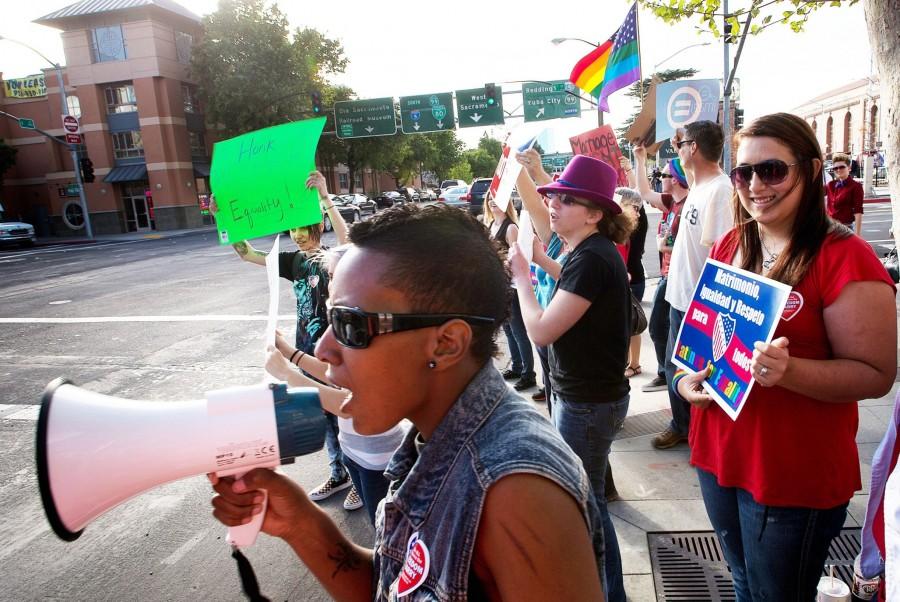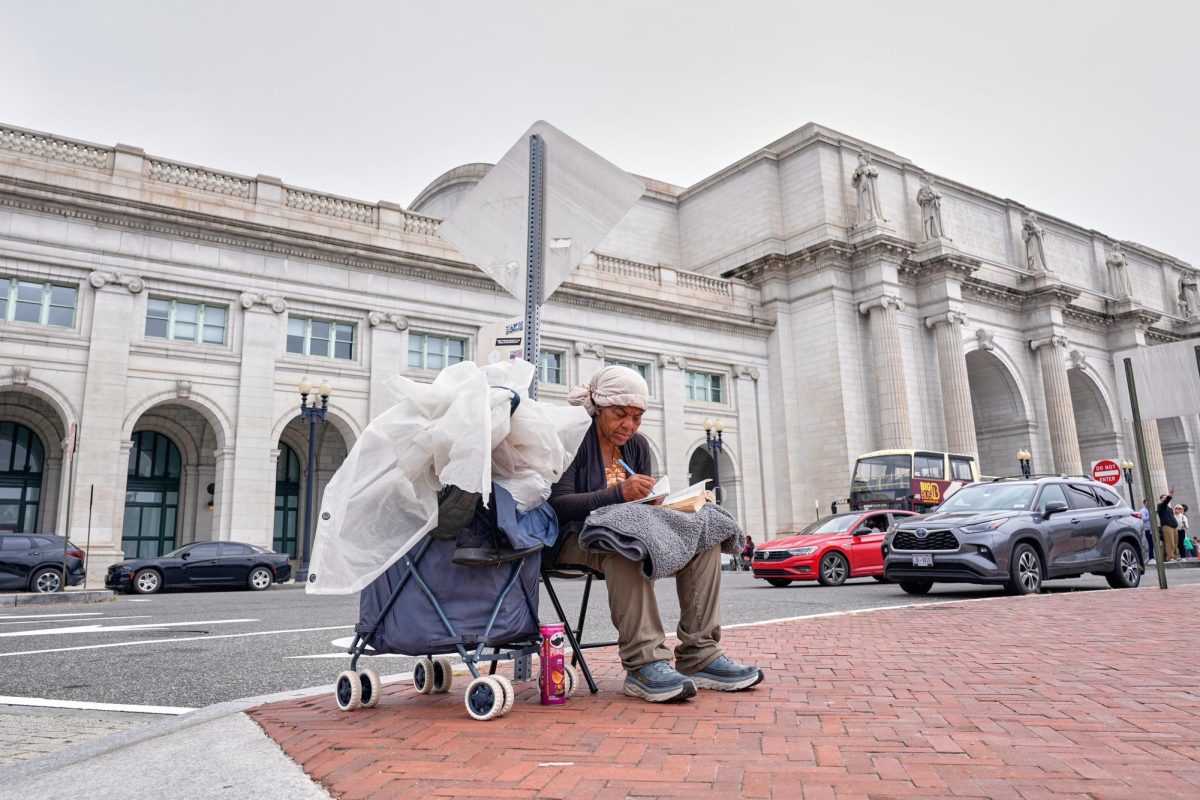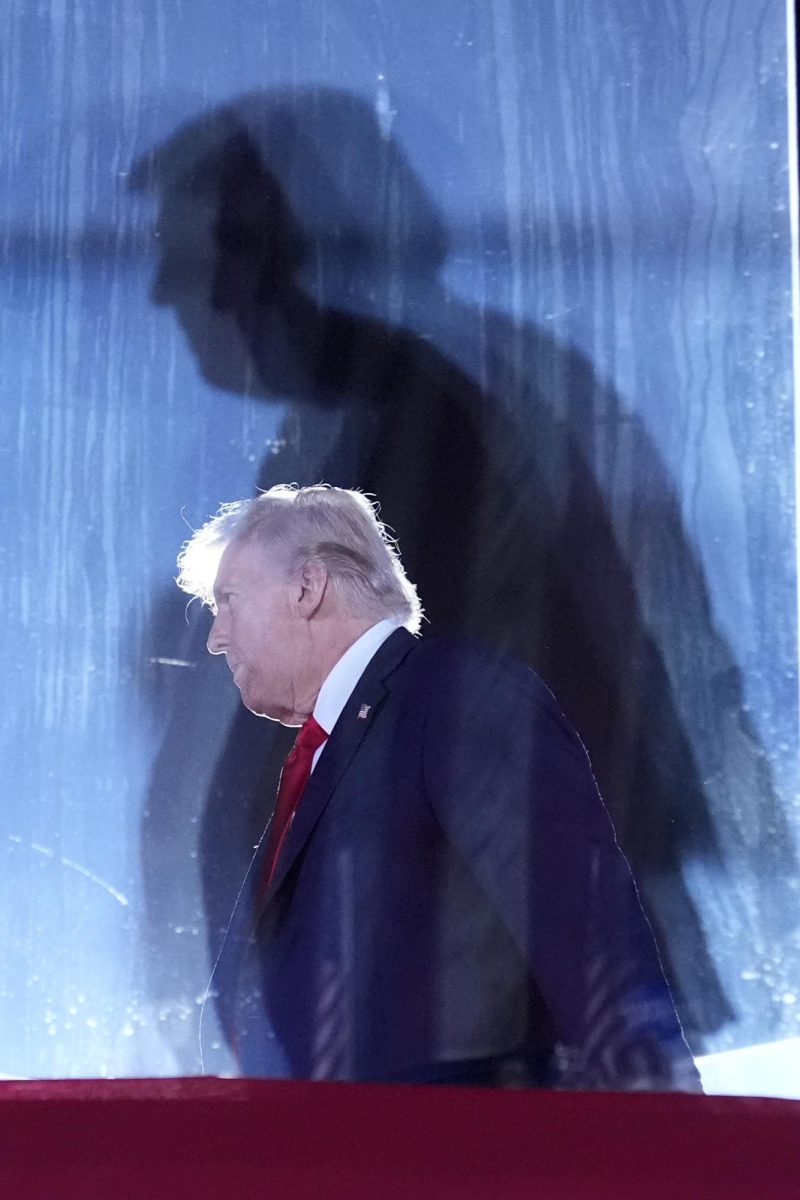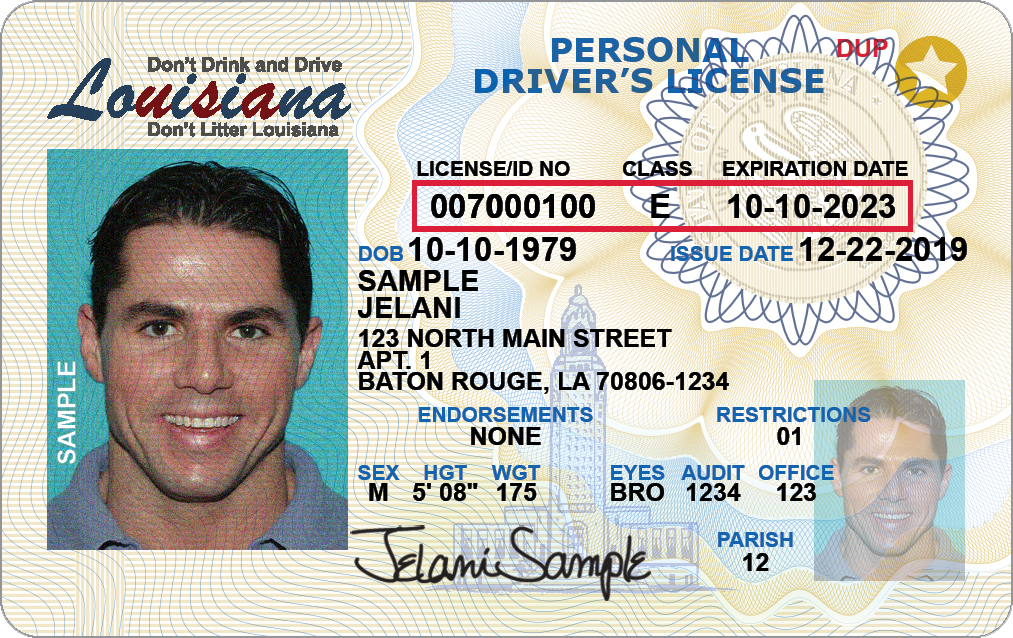SAN FRANCISCO (AP) – California’s novel law seeking to ban licensed counselors from trying to turn gay teens straight is boiling down to a question over whether the therapy is free speech or a medical treatment that can be regulated by government.
Judges on the nation’s largest federal appellate court considered 90 minutes of legal arguments over the ban on “sexual-orientation change” counseling of minors, which other states are considering.
The three-judge panel is considering two challenges to the law approved in California last fall. It took no action Wednesday and will issue a written ruling later.
The law was to go into effect Jan. 1, but the court put it on hold pending its decision.
Chief Judge Alex Kozinski noted the U.S. Supreme Court struck down a California ban of violent video games because the state failed to show a compelling reason to infringe on game-makers free speech rights to manufacture the products.
He said it appeared the same argument could be applied to the evidence lawmakers relied on in passing the prohibition on sexual-orientation change therapy.
“We really don’t have anything compelling, as I see it,” Kozinski said. “Government has to have a compelling interest in curtailing speech.”
California Deputy Attorney General Alexandra Robert Gordon, who is defending the ban, cited mainstream medical organizations’ support of the law, and testimony before the state Legislature by several people who said they were harmed by the counseling.
Kozinski replied that opponents of the law also testified before lawmakers that they benefited from the counseling.
Lawyers for parents of children who are undergoing the counseling and licensed professionals who administer the “talk therapy” argued the ban goes too far. But Mathew Staver, founder of the Liberty Counsel and a lawyer opposing the law, said there is “no evidence of harm.”
The law says therapists and counselors who treat minors with methods designed to eliminate or reduce their same-sex attractions would be engaging in unprofessional conduct and subject to discipline by state licensing boards.










